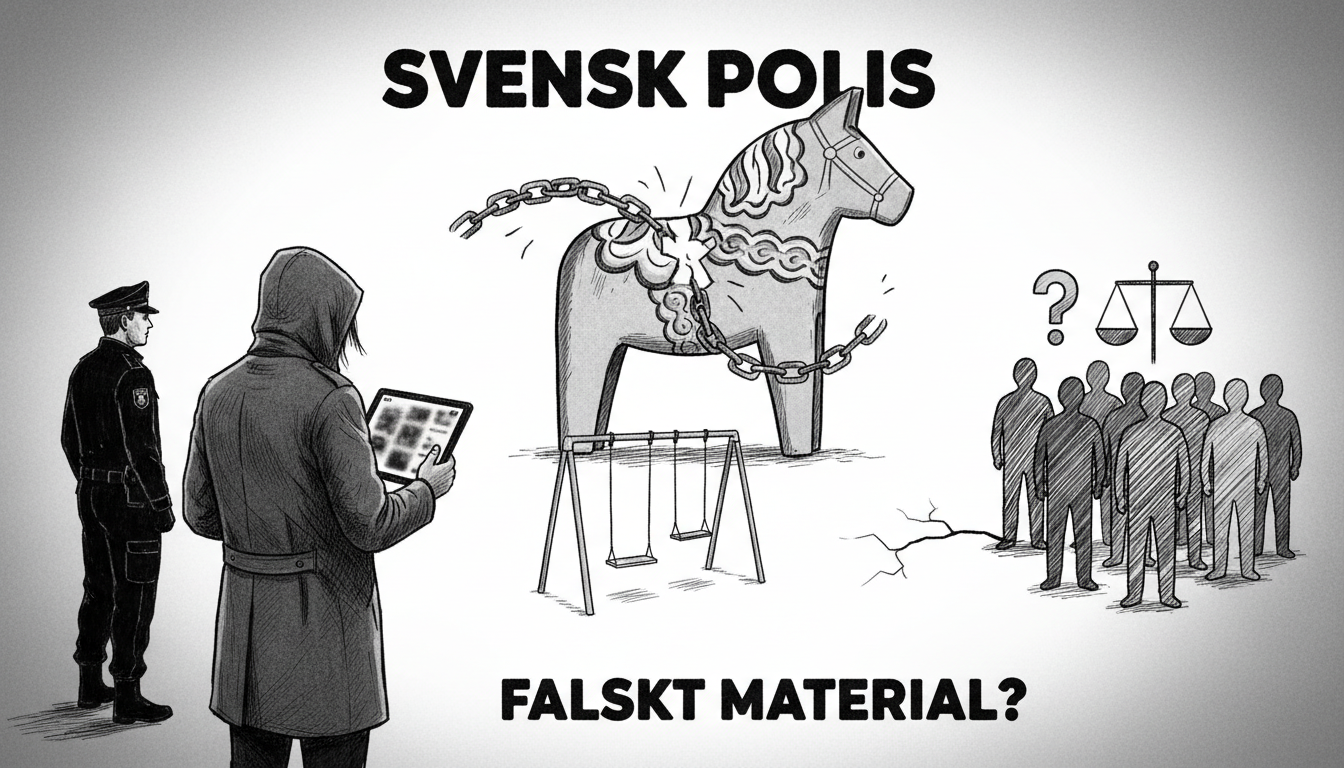Swedish government investigators propose allowing police to create fictional child sexual abuse material. This controversial measure would apply to investigations of serious child sex crimes or major child pornography offenses. Child rights organizations express divided opinions about the potential new tool.
Susanna Pettersson, a child rights lawyer at Ecpat, acknowledges the complexity of the issue. She states that while new investigative tools are needed, clear guidelines must accompany any approval of such methods. The proposal represents a significant shift in Swedish law enforcement approaches to combating child exploitation.
Police would use computer-generated imagery rather than actual children in creating this material. The fictional content would serve as bait in undercover operations targeting predators. This technique aims to identify individuals seeking to abuse children before they can commit actual crimes.
Sweden has long maintained strict laws against child pornography. The country's legal system typically prohibits any material depicting sexual abuse of minors, even fictional representations. This proposal challenges that fundamental principle in pursuit of greater investigative effectiveness.
International law enforcement agencies have used similar tactics with varying success. Some European countries permit controlled operations using fictional material, while others maintain absolute bans. The ethical debate centers on whether such methods normalize abusive imagery or provide essential tools for prevention.
Child protection advocates remain deeply concerned about potential unintended consequences. They worry that creating any form of child abuse material, even fictional, could desensitize investigators and potentially leak into wider circulation. The psychological impact on officers regularly viewing such content also raises serious questions.
The Swedish government must now weigh competing priorities: effective law enforcement versus ethical boundaries in child protection. This decision comes amid increasing online child exploitation cases across the Nordic region. Police agencies worldwide struggle to balance investigative needs with moral and legal constraints.
Legal experts predict intense parliamentary debate before any legislation passes. The proposal will likely undergo multiple revisions to address constitutional and human rights concerns. Sweden's reputation for progressive child protection policies adds significance to this controversial discussion.
International observers closely watch Sweden's decision, as it may influence similar debates in other countries. The outcome could set important precedents for how democracies balance security needs with fundamental rights protections. The final decision will reveal much about contemporary Swedish values regarding child safety and law enforcement methods.

